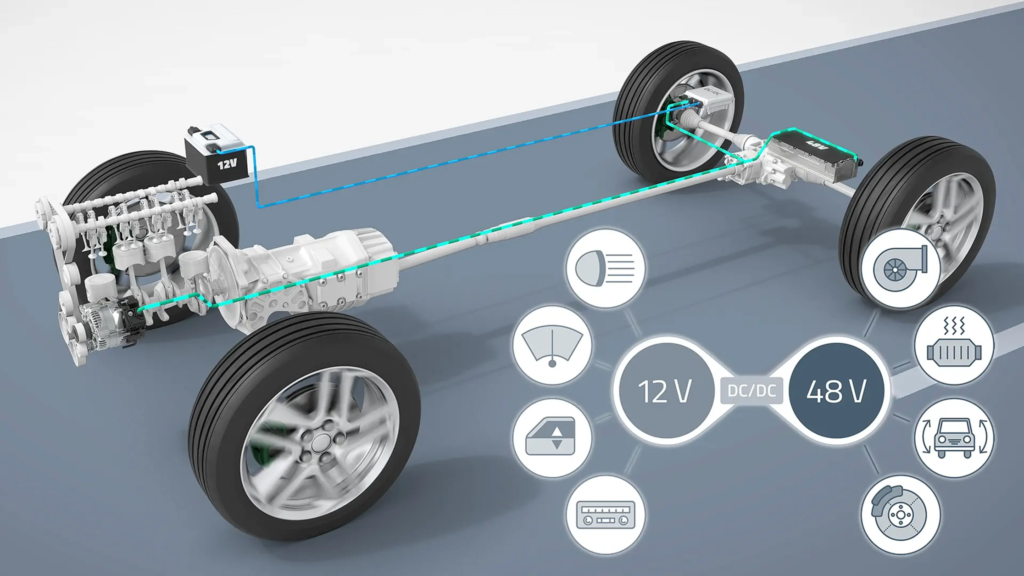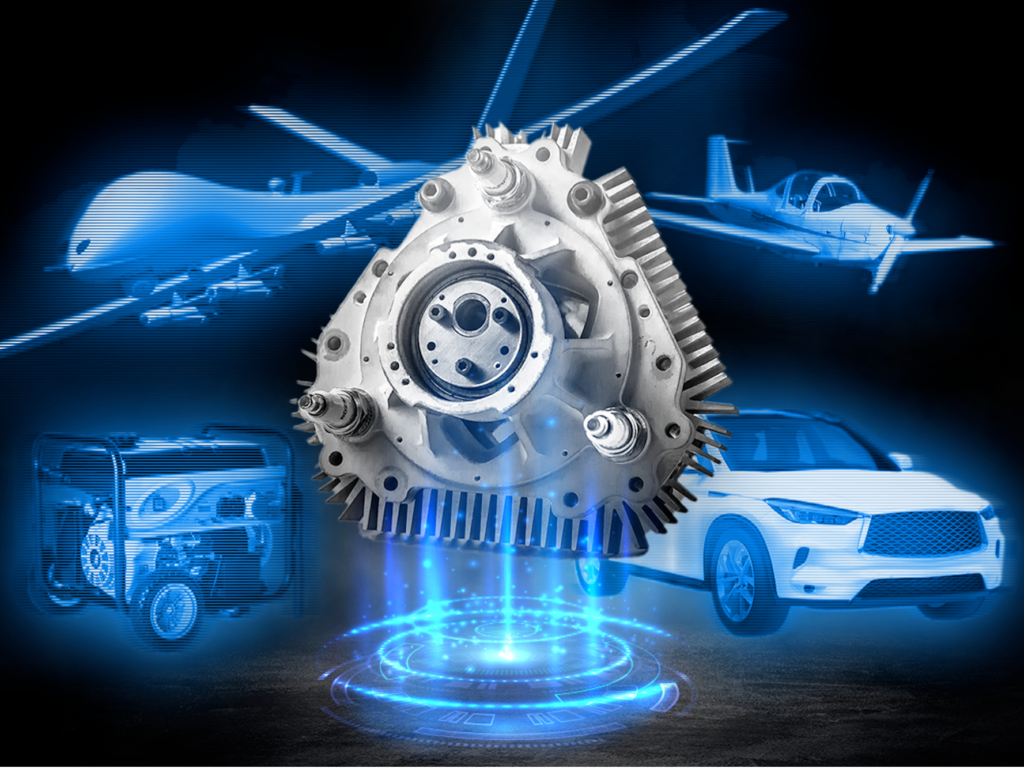
Hybrid technology has emerged as a game-changer in the automotive industry, offering a bridge between traditional internal combustion engines (ICE) and electric vehicles (EVs). By combining the benefits of both power sources, hybrids aim to maximize fuel efficiency, reduce emissions, and enhance driving range. Here’s a detailed exploration of how hybrid technology is revolutionizing fuel efficiency:

1. Dual Powertrain System:
Hybrid vehicles integrate two power sources—a gasoline or diesel engine and an electric motor—into a single drivetrain system. This dual powertrain setup allows hybrids to operate on either or both power sources, optimizing fuel consumption based on driving conditions and driver inputs.
2. Regenerative Braking:
One of the key features of hybrid technology is regenerative braking, which converts kinetic energy generated during braking or deceleration into electrical energy. This energy is stored in the hybrid battery pack and used to power the electric motor, reducing reliance on the internal combustion engine and improving overall efficiency.
3. Electric Motor Assistance:
Hybrids utilize electric motors to assist the gasoline engine during acceleration or high-demand scenarios. The electric motor provides instant torque, enhancing vehicle responsiveness and reducing the workload on the combustion engine. This hybrid powertrain configuration optimizes fuel consumption by leveraging electric power for efficient propulsion.
4. Start-Stop Technology:
Many hybrid vehicles incorporate start-stop technology, which automatically shuts off the engine when the vehicle comes to a stop, such as at traffic lights or in traffic jams. The electric motor continues to power essential systems, ensuring immediate restarts when acceleration is required. Start-stop technology minimizes idling time and reduces fuel consumption and emissions in urban driving conditions.
5. Powertrain Efficiency and Optimization:
Hybrids employ sophisticated powertrain management systems and continuously variable transmissions (CVTs) to optimize engine operation and maximize fuel efficiency. These systems adjust power delivery, engine RPMs, and gear ratios based on driving conditions, ensuring efficient power utilization across a wide range of speeds and loads.
6. Plug-In Hybrid Electric Vehicles (PHEVs):

Plug-in hybrid electric vehicles (PHEVs) offer extended electric-only driving ranges by incorporating larger battery packs that can be charged from external power sources, such as home chargers or public charging stations. PHEVs combine the benefits of electric propulsion for short trips with the flexibility of a gasoline engine for longer journeys, providing drivers with increased fuel efficiency and reduced emissions.
7. Hybrid Synergy Drive and Energy Management:
Toyota’s Hybrid Synergy Drive and similar energy management systems optimize energy flow between the gasoline engine, electric motor, and battery pack. These intelligent systems monitor driving conditions, battery charge levels, and driver inputs to seamlessly transition between power sources for optimal fuel efficiency and performance.
8. Environmental Benefits:
Hybrid vehicles contribute to reducing greenhouse gas emissions and air pollution compared to conventional gasoline-powered vehicles. By consuming less fuel and operating more efficiently, hybrids lower carbon dioxide (CO2) emissions and other harmful pollutants, supporting environmental sustainability and regulatory compliance.
9. Consumer Adoption and Market Growth:
Increasing consumer awareness of environmental issues and rising fuel costs drive the demand for hybrid vehicles worldwide. Automakers continue to innovate and expand their hybrid vehicle lineup, offering a variety of models across different vehicle segments to meet diverse consumer preferences and needs.
10. Future Trends and Innovations:
The evolution of hybrid technology continues with advancements in battery technology, electric motor efficiency, and lightweight materials. Future hybrids are expected to offer enhanced driving ranges, faster charging capabilities, and improved performance, further enticing consumers to adopt fuel-efficient and eco-friendly transportation solutions.
Conclusion:
Hybrid technology represents a significant advancement in improving fuel efficiency and reducing environmental impact in the automotive sector. By leveraging dual powertrain systems, regenerative braking, electric motor assistance, and advanced energy management, hybrids deliver superior fuel economy without compromising performance or convenience. As hybrid technology evolves and becomes more mainstream, it plays a crucial role in transitioning towards sustainable mobility solutions and shaping the future of automotive innovation.






